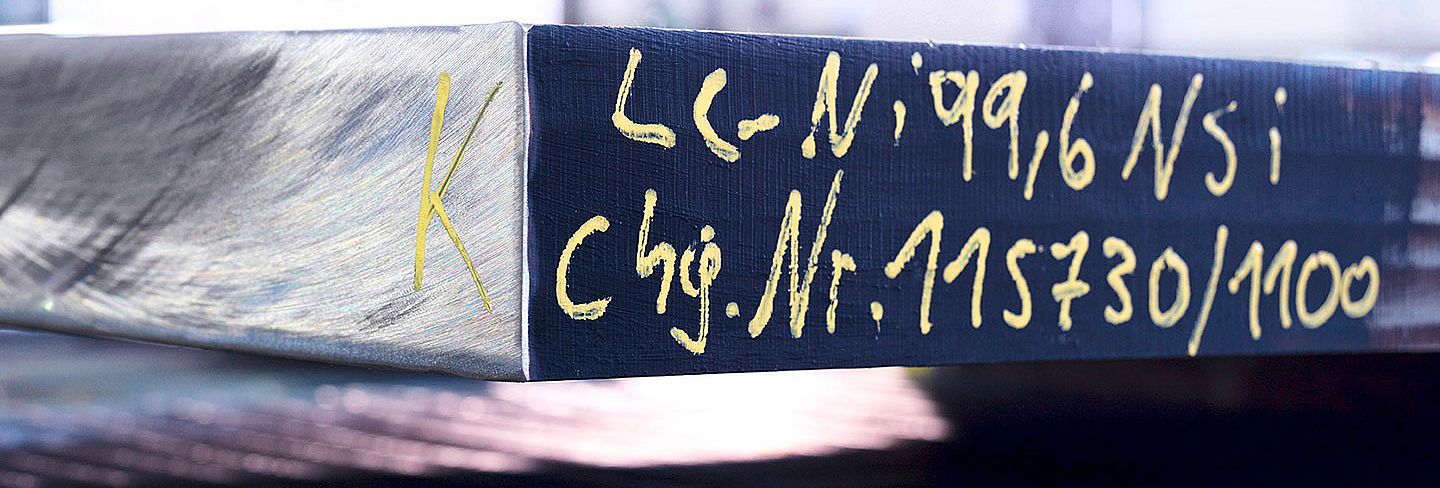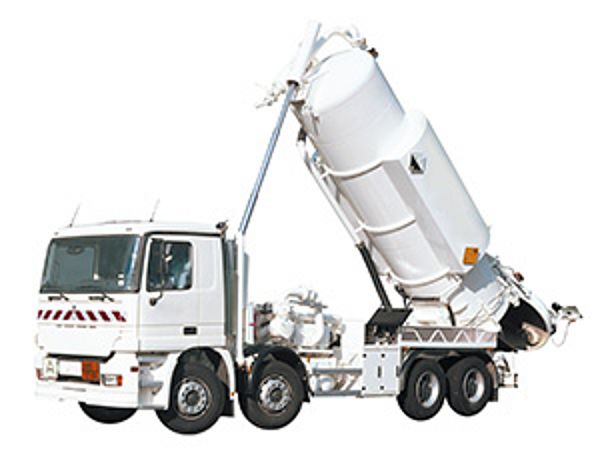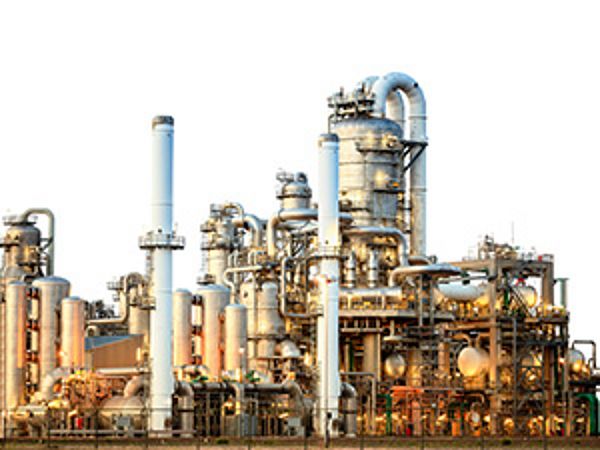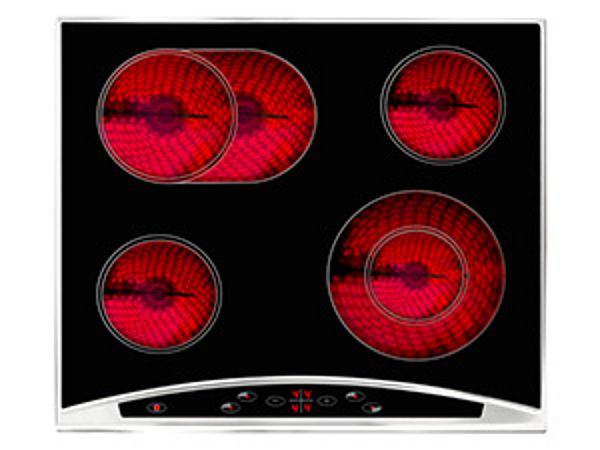
Nickel and nickel alloys from VDM Metals
Nickel alloys from VDM Metals are characterized by extreme corrosion resistance and heat stability and are easy to process. Their nickel content of at least 30 percent makes them an important material for use in the chemical process industry, in energy and environmental engineering, and also in the electronics and electrical engineering sectors. Each of our alloys has a unique combination of properties, depending on their chemical composition and the manufacturing process. We divide our nickel alloys, our cobalt-based alloys and our high-alloy special stainless steels (which generally have a nickel content of up to 30 percent) into the following materials groups:
Corrosion-resistant alloys
Corrosive media such as sea water, acids, alkali and salt solutions make for a rough and aggressive environment in many fields, where the materials used will need to possess an above average service life stability. The corrosion-resistant alloys of VDM Metals are an important part of production and processing plants for phosphorus and sulfuric acid or acid gas output. In addition, our materials are among the most resistant in processes handling acidic media. They are used for reactors for acetic acid production and tanks for the storage and transportation of nitric and hydrofluoric acid mixtures. In offshore engineering our corrosion-resistant alloys are found in gas pipelines, production tubing, drill stems, pipe claddings, umbilicals for oil production, seawater pipe, condensers and coolers.

High-temperature alloys
Modern day key industry components are often exposed to high and highest temperatures and require the use of innovative high-temperature alloys. These usually heat-resistant or high-temperature materials have found a wide range of applications not only in furnaces and heat treatment plants, but they are also used as a substrate material for heavily stressed metallic catalysts. Other typical applications are radiant tubes, combustion hoods, hood-type furnaces, controlled atmosphere annealing furnaces, continuous annealing furnaces, ventilators and fans, rotary kilns, and also oil and gas burners.
High-temperature alloys from VDM can be used for the following conditions:
- Oxidation
- Carburization / Metal Dusting
- Sulfidation
- Combustion gas corrosion
- Corrosion in glass melts
- Nitration
- Halogenation

Superalloys
Superalloys like VDM® Alloy 718 are nickel or cobalt based alloys that are, on the one hand, used around significantly heightened temperatures, but on the other hand also in extremely corrosive environments. The driving force in the development of these materials were the increasingly higher requirements of the aviation industry, caused by higher temperatures in turbines. Further areas of application for semi-finished products of Ni-based superalloys are chemical plants with extreme requirements for corrosion resistance as well as nuclear power plants.

Heat conducting and resistance alloys
Our heat conducting and resistance alloys are characterized by relatively high and/or constant specific electrical resistance values. The materials spectrum ranges from austenitic nickel-iron-chromium alloys to aluminum-containing ferritic chrome steels like VDM® Aluchrom Y Hf.
Heat conducting and resistance alloys are mostly found in the electronics industry as specialty wires or as brake and starting resistors for electric drive system. In addition, they are used wherever electrical energy is converted into heat, as in ceramic cook tops, toasters or coffee machines. Heat conducting and resistance materials by VDM Metals are usually available as strip or wires.

Soft magnetic alloys
Soft magnetic materials are characterized by high magnetic conductivity (permeability) and have a long application tradition in electrical engineering. VDM Metals has been producing soft magnetic iron-nickel alloys for many years in the form of toroidal tape cores, transducers, transformers, heat shields and as yokes and armatures of relays.
The nickel-iron alloys group with a high nickel content, which contains the VDM® MAG 75 and VDM® MAG 7904, is characterized by a high permeability and low coercive force. VDM® MAG 50 and VDM® MAG 53, with a nickel content of 50 percent both lie in a region of maximum saturation polarization but low permeabilities.
Controlled expansion alloys
- Production, storage and transportation of liquefied gases
- Measurement and control instruments for temperatures below 200°C, e.g. thermostats
- Bushes for screwed and riveted joints between dissimilar metals
- Bimetal components and thermostatic bimetals
- Moulds for the production of carbon fiber-reinforced plastic parts (CFRP), especially for aerospace applications
- Frames for electronic control units in satellites and aerospace applications as cold as –200°C
- Support elements for electromagnetic lenses in laser control devices
- Components for the automotive industry
- Lead frames and transistor caps
- Electronic components
Materials information and data sheets
Have we sparked your interest? Here, you will find all the alloys in our production, including their relevant data sheets (subject to availability). You can filter our portfolio very simply by type of material, field of application and product form to obtain a quick and uncomplicated overview.


